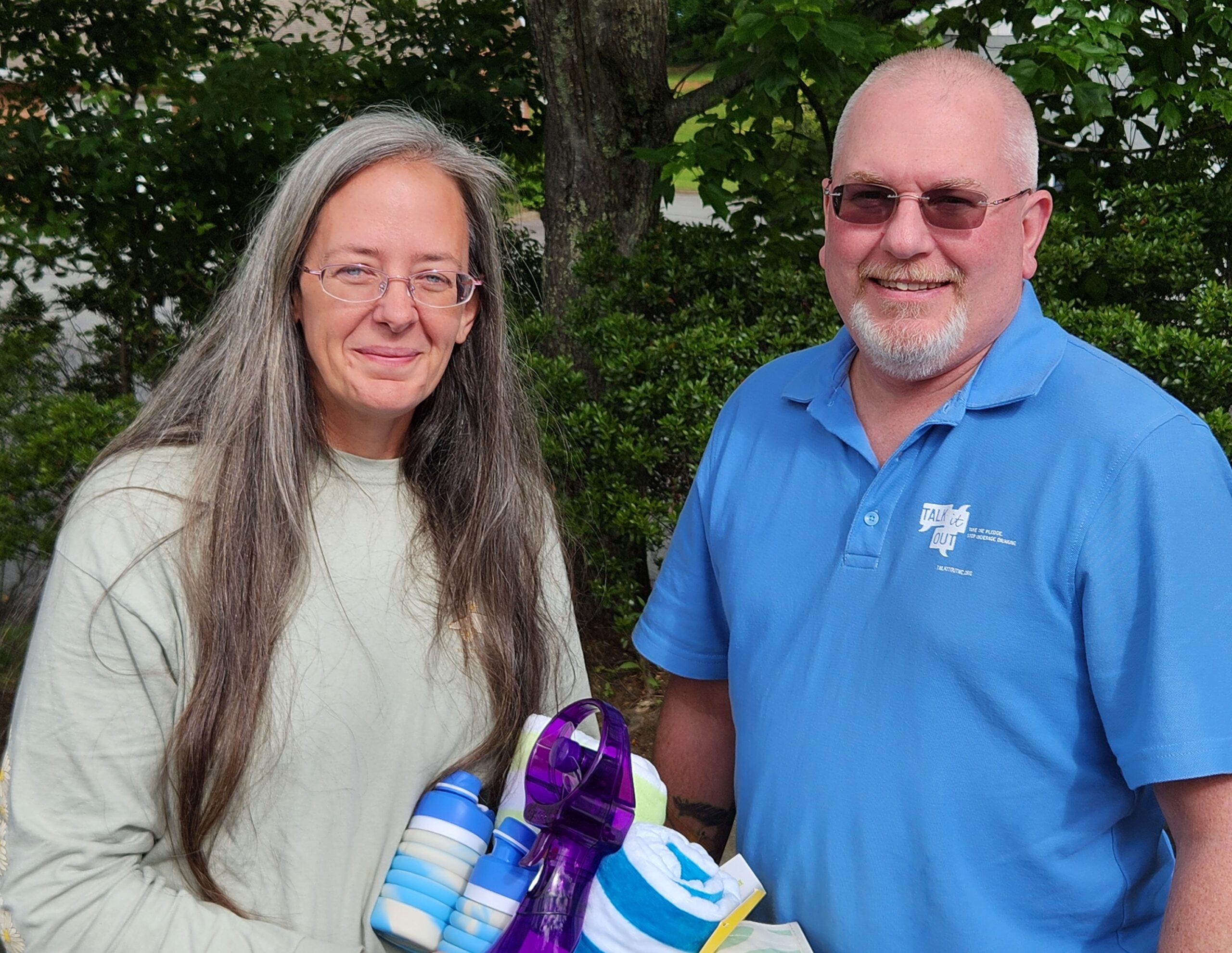Establishing a Path to Independence for Teens: How Parents Can Help


Parents hope to teach their children independence and responsibility. Kids don’t realize it, but their path to independence starts when they’re very young. They feel so mature when you let them pick out their clothes or help prepare dinner.
In adolescence, choices become more complicated. Do you trust them to go to the movies without adult supervision? What time do they need to be home after the high school football game?
When you involve your teen in these conversations, they become more independent. When they make good decisions, they get more freedom. When they make bad decisions, they lose privileges. To raise an independent child, you often must let go and let them fail. Kids learn to trust their instincts, try new things, solve problems, and recover from mistakes on their own. Here are some tips to put your teen on the path to independence.
What Can Teens Learn From Failing?
Many teens already put a lot of pressure on themselves with friends, sports, and school. They may think they’re a failure if they don’t excel at everything they do. Teens who don’t think they can be the best at something may avoid new experiences because they don’t want to fail. However, failure is often the best teacher of all!
If you ask any business owner, learning from their failures is how they faced fear and succeeded. Teach kids that it’s okay if they don’t get it right the first time and encourage them to try again. After all, we learn by doing, failing, and picking ourselves up, and trying again. Encourage kids to solve problems on their own to help them become more independent and feel confident in their own abilities.
Make Them Do the Laundry
Believe it or not, laundry and other household chores are life skills that will help your teen become more independent. When teens go off to college or move out on their own, they’ll need to know how to take care of themselves. Basic skills such as folding laundry, cooking, cleaning, and managing money are all skills they’ll need to become independent adults.
Encourage Teens to Get Involved
To learn independence, encourage your kids to join a school club, sports team, or get a part-time job. Any activity where other people count on them to contribute will help teens take on new responsibilities and develop decision-making skills. This positive peer pressure can also build a sense of belonging and self-confidence.
Respect Your Teen’s Opinions
Like it or not, as teens get older, they also start having stronger opinions. They may not share your political views, but it’s important to hear them out.
Parents need to speak up when their teen’s opinions about underage drinking could influence them to make bad decisions. If a teen thinks stealing beer out of your fridge and drinking with friends is “no big deal,” you must speak up and set them straight.
Talk to your teen about the dangers of underage drinking. Come prepared with the facts about how alcohol affects their still-developing brain. It can affect judgment, memory, impulse control, and more. Make it clear that underage drinking is not allowed in your home, and make sure your teen knows the consequences of breaking your trust.
Communicate With Your Kids
Studies show that kids who have regular meals as a family are more likely to have higher self-esteem, lower rates of substance misuse, and have a more positive outlook. This doesn’t mean good conversation only happens at dinner. Lunch, breakfast, or a late-night snack are all great times to connect as a family.
Conversation topics can include everything from events of the day, sports, school, and friends. Let everyone have a turn sharing and have a family rule against interrupting or criticizing. Parents can guide the discussion to more serious topics such as a recent family disagreement, the safe use of social media, or underage drinking.
We understand these topics can be uncomfortable at first, but if you approach them in a positive way, your teen will learn valuable tools to navigate uncomfortable situations. For example, your teen may say he heard in school that police broke up an underage drinking party last weekend. You can guide the conversation to the dangers of underage drinking and that alcohol use by teens is linked to a higher incidence of violence, poor academic performance, promiscuity, and more.
Talking to your kids about underage drinking doesn’t have to be a big deal. We have ideas to help you start the conversation and keep it going. When kids feel you’re honest with them, they’ll be more likely to come to you in the future when they have a problem.
Be Available for Guidance and Support
We want our children to be independent but they should also understand they don’t have all the answers right now. They can still come to you for guidance and support.
To stop underage drinking, families can Take the Pledge. This is an agreement between parents and teens to be safe around alcohol.



